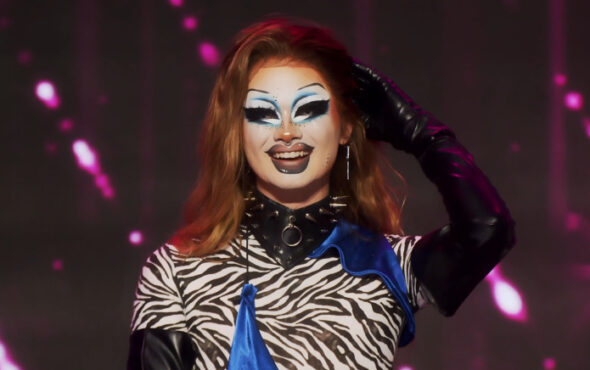
The online bullying included outing people and threatening them with violence.
A new report from Galop has found that 80% of LGBTQ people online have been faced with some form of online bullying within the past five years. Forms of the bullying included outing someone, as well as threats of violence.
The study asked 700 members of the LGBTQ community. Out of that, eight in ten had reported a form of online bullying within the past five years, with one in five saying they’d been abused over 100 times.
When it came to trans people, 93% of them had faced some form of online bullying. Meanwhile, 70% of cis-gendered members of the LGB community had faced bullying.
“There are just pages and pages of anti-trans comments on trans related articles saying we should be killed, have mental illness, and are paedophiles,” wrote one person.
The kinds of abuse varied, with 97% of cases being insults, threats of physical violence making up 63% of cases, threats of sexual violence making up 41% of cases, death threats making up 39% of cases and outing someone making up 34% of cases.
Others included doxing, threats to destroy property and blackmail.
Describing some of the consequences of being outed, one person wrote: “I was outed to my employer and colleagues, and I ended up losing my job.” And another person said: “After I was outed online my family disowned me and kicked me out. I now live with my partner’s family.”

More than half (58%) of the incidents happened on Facebook, with others facing them on Twitter (34%), comment sections on media outlets (19%), Instagram (17%), YouTube (13%) and dating apps (11%).
Other sites included Reddit, SnapChat, Tumblr, Skype and Mumsnet.
The results were deeply saddening when it came to reporting, with one in four keeping the incident to themselves. Less than one in ten people reported the abuse to the police, and out of those who did three in four of those people said they were dissatisfied with the response. Three in four people were also dissatisfied with the response from social media companies when they reported abuse.
In one such incident, a person wrote: “I reported it to YouTube and the response was that it didn’t violate community standards. This has been the case on multiple occasions with incidents relating to trans people, with everything from baseline mockery and derision to suggested violence and eradication.”

Some of the abuse also came from within the LGBTQ community. People who were bisexual, gender non-binary, transgender or asexual, among other sexual minorities, said they were targeted by other members of the LGBTQ community.
“I have experienced a lot of biphobia in LGBT online spaces,” said one comment, while another added: “Don’t consider myself part of the LGBT community anymore (even though I am bisexual) because there is a lot of hate and toxicity towards us.”
Another comment added: “Other LGBT people calling for harm to asexual and aromantic people within the community and accusing us of being paedophiles.”
Unsurprisingly, a lot of the bullying of trans people came from TERFs. One person noted: “As a trans woman online, radical feminists have called me (and often all trans women) rapists and paedophiles hundreds of times. The worst incidents involved threats to report me to the police on fabricated charges as ‘a man and a rapist.'”
As a result of the bullying, some respondents said they came to dislike their LGBTQ identity, and this resulted in internalised homophobia or transphobia. Some respondents also cut themselves off from LGBTQ groups.
However, others became more determined to fight the bullying, with one person saying: “I’ve become an activist. These people are a vocal minority who I wish to counter for the sake of me and my LGBT+ friends and family.”
The report called for an increased guidance on where victims can report online abuse, a review into the existing legislation surrounding online abuse, an increase in specialist support for people affected, a faster and improved police response, a proactive response from social media companies to tackle anti-LGBTQ bullying and regulation that values free speech, while removing hate speech.
Related: New report finds that a quarter of LGBTQ people are bullied at work



